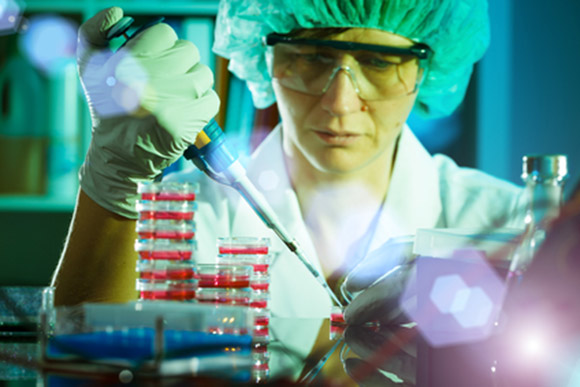How Cells Repair DNA May Impact Cancer Treatments
Dear Friend,
DNA carries genetic information that is essential for the development, function and reproduction of all life forms. Thanks to the discoveries of an international trio of scientists, these molecules may also provide a breakthrough in immuno-oncology therapies.
This past October, three scientists from the United States, Sweden and Turkey received the 2015 Nobel Prize for Chemistry in recognition of their DNA research. Their work focused specifically on damaged DNA, resulting in a mapping of the molecular systems that monitor and repair these genomes.
Until these studies, DNA was believed to be stable, but Swedish native Tomas Lindahl found that it actually decays at a considerable rate due to spontaneous changes and damage from external forces. In reality, this disintegration should prevent the development of life, but Lindahl's investigation led to the discovery of the repair processes.
Aziz Sancar, a Turkish scientist teaching in the United States, explains that this information has been valuable to cancer prevention and treatment. One or more of the cellular repair systems is broken in many types of cancer, leading researchers to develop immuno-oncology drugs targeting the molecular pathways of tumor cells.
According to Lindahl, understanding these processes allows selective application of therapies for maximum benefit. Paul Modrich, the third member of the trio, has done landmark work in understanding and diagnosing hereditary colon cancer.
Our Issels® immuno-oncology protocols include genomic testing along with extensive examination of a patient's lifestyle, environment and other relevant factors. The result is a personalized course of treatment that works with the body's own immune system. Contact us to learn more about our innovative, state-of-the-art programs.
 |